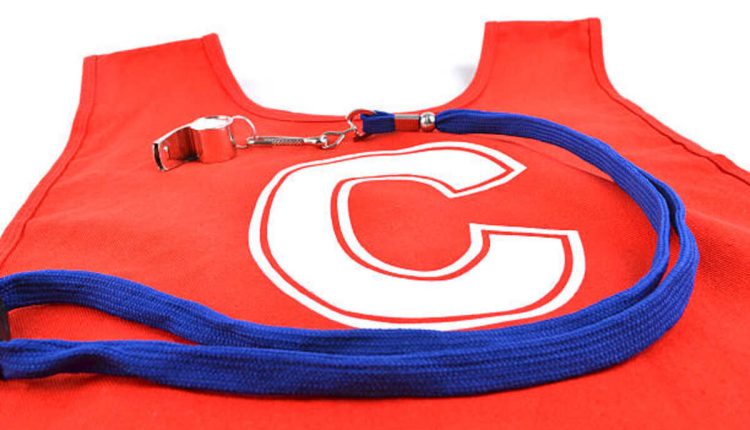Jai in a Sports Name
Jai alai once reigned supreme among American sports enthusiasts, yet is slowly losing ground today. Yet this thrilling ball game still has one last chance at survival if given support and promotion by its fan base.
Leon Shepard of Bridgeport is currently one of two Americans left on Miami’s lineup and is commonly known by his nickname Tevin, after an R&B singer who inspires him.
Jai alai
Jai alai is a fast-paced game that has delighted audiences worldwide for centuries. Boasting its own set of rules and culture that has inspired other sports such as Basque pelota and racquetball, jai alai is considered one of the fastest sports ever created, with balls reaching speeds up to 180 miles per hour! Due to this incredible speed, it has earned itself the title “most exciting sport on Earth.”
Jai-alai, also known as ja-punta in Basque, first emerged over 400 years ago in Spain’s Basque Country region of the Pyrenees Mountains. At first, it was played bare-handed and evolved into the popular Basque pelota game played on Sundays and holidays by members of the community; later became popular indoors before eventually expanding to frontons during fronton sessions in fronton halls by 18th-century frontons; it then gained even further in popularity when one Basque farmer suggested giving players leather gloves along with cesta baskets so they could throw harder and faster – eventually moving from outdoor frontons into indoor frontons by 18th century!
Jai-alai was first popularised across Europe and Asia in the late 1800s, reaching Cuba and Florida before it reached firmly into gambling circles in America by the early 1900s – indeed, Miami Fronton was explicitly built to serve this connection between jai-alai and gambling and its growing audience for this sport.
Frontons, usually constructed of granite or concrete, feature three-walled courts with seating for spectators. Players use wicker cestas strapped around their right hands to catch and throw rock-hard balls pelotas (smaller versions of baseballs but much more complicated). When throwing them with incredible velocity – up to 180 miles an hour has been recorded! – players are called out.
A typical match typically lasts 20 to 30 minutes and includes four rounds. Players strive to earn points by catching the peloton before it touches either the floor or walls of their fronton and earning more points than their opponent. Whoever possesses the most attributes wins the match.
Becoming a professional jai-alai player can be challenging, taking years of training and practice. Unfortunately, only about 25% of all players ever make it into professional play; those who do cut typically receive reasonable compensation but often find the business not very lucrative.
After being overwhelmed by modern gaming, sports betting, and fantasy sports, jai-alai has found it increasingly difficult to compete. A players’ strike lasting three years resulted in patrons leaving, further compounded by state lotteries and Native American casinos opening. Still, jai-alai remains unique among all other forms of gambling; being played exclusively on front courts by male-only players makes for some hope for its survival; it remains unique among global sports as it remains unique when all participants play male.


